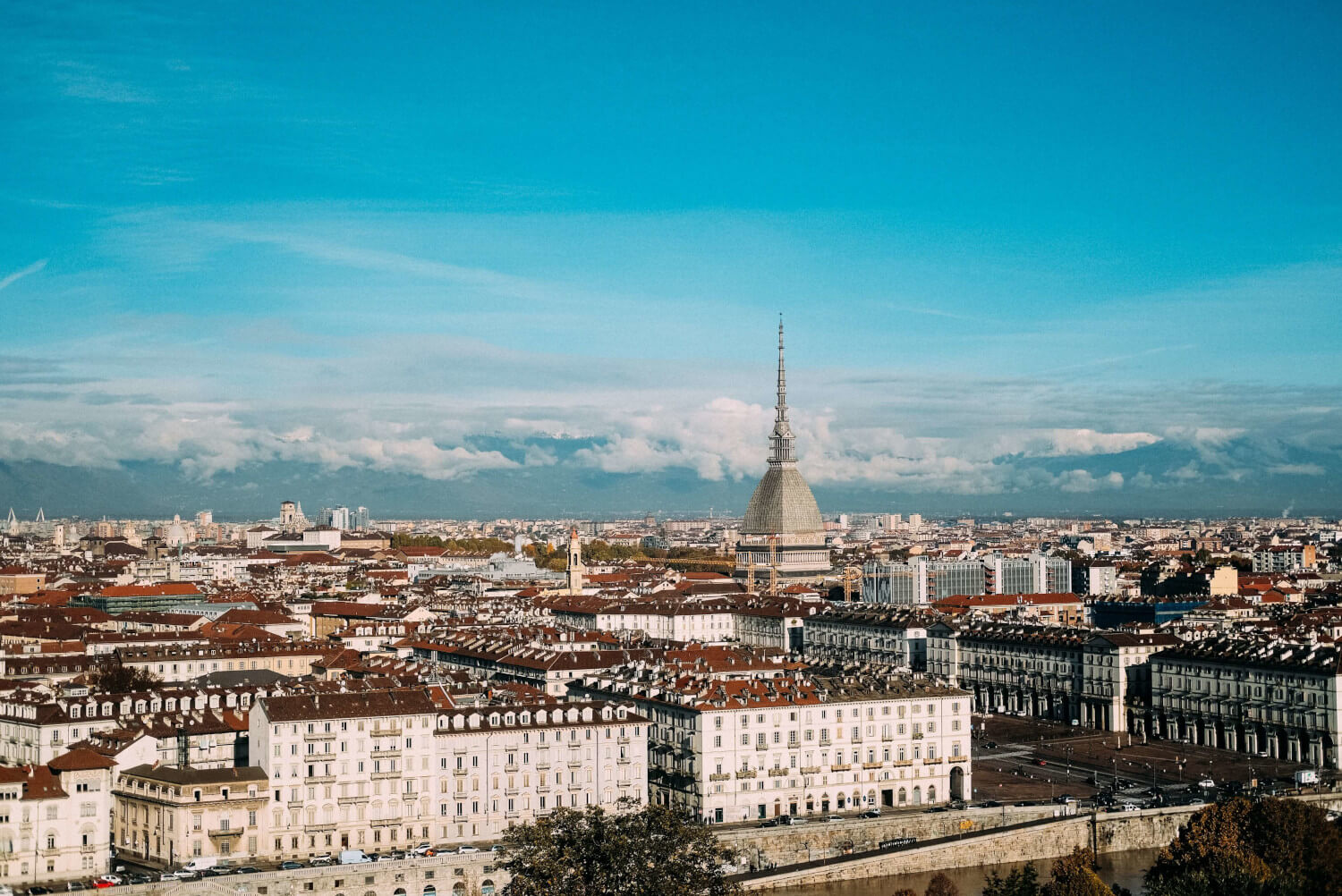Turin

Context: This pilot is located in the facade of a cultural centre, Cecchi Point in the city of Torino, with a large metropolitan area in Italy, ~2.3 M inhabitants.
Climate: Subtropical
Typology: A green wall for grey water treatment and reuse for irrigation.
Description:
The pilot implementation is currently underway and close to completion. The subsequent steps include selecting the species to populate the green wall and determining the preferred system for reusing the collected water.
The research delves into the integration of green walls and sustainable water treatment technologies to optimize their advantages while addressing inherent limitations. Key aspects that can inform future implementations include pre- and post-treatment water quality to assess viable reuse options, cost-effectiveness relative to system scale, and social related considerations like aesthetic perception and educational value for fostering awareness.
The green wall is installed in the cultural centre Cecchi Point (“House of the quartier”, measures 2m x 3.6m in height. The green wall is held to its facade through the installation of an additional structure. The system treats the grey water collected from four sinks in the community center toilets and reuses the treated water for irrigation of small urban farms currently present, recreated in some desks used in the past for book markets and now recycled for environmental educational activities purposes.
The entire system, including the piping network, underground equipment and irrigation system has been constructed and should be operating accordingly at this stage. The green wall has a substrate material of coco coir that has been evaluated by CETIM and a coarser light material that has been evaluated by POLITO in a laboratory. The design follows up the results from the laboratory experiements run in POLITO's installation. This pilot operates with a hydraulic loading rate of 400 l/m2/day, not to far from the hydralic loading rate used to evaluate the lab scale protype by POLITO (< 300 l/m2/d). The organic loading rate coincides with POLITO's laboratory experimentations (40 gCOD/m2/d). This was fundamental as IRIDRA and POLITO have taken into account the risk of long term clogging of the system, for which they try to maintain loadings under this threshold.
In addition to these green wall modules, a degreaser tank is installed with a minimum size of > 50 l/PE based on the stress tests from POLITO during their activities in the laboratory. The degreaser tank is installed to remove suspended materials. A UV lamp ensures the safety of the water in case any centre customer comes in contact with it. The system also features a grey water tank and a green wall pump.
Last, but not least, the module of the green wall is chosen with minimum number of levels and depth. At least 3 levels were proposed and a minimum of 15 cm of width was chosen. Again, in alignment with the experimental work run by POLITO at their laboratory facilities. The system is feeding in batches. A very interesting aspect is that this vertical system operates similarly to a vertical subsurface flow constructed wetland.
Being installed in a the cultural centre Cecchi Point, the installation has an incredibly high potential in terms of possible future participative processes related to NbS and sustainable water management.
Main technological innovation:
- The system utilises adsorbant materials, coco coir and coarser light material.
- Both the hydraulic loading rate and the organic loading rate are adopted in coherence with the results of the laboratory experiments to prevent clogging and the malfunctioning of the system, thus extending the lifespan of the green wall.
- The system has the advantage that it can be designed based on scientific knowledge for vertical subsurface flow constructed wetland design procedure since it operates in the same way.
- The pilot demonstrates the performance of such technologies under stress conditions (for a public building with intermittent high water demand as it is set in a public area).
Synergies:
- Coco coir, tested by CETIM and coarser light material tested by POLITO.

NICE Urban Real Labs are Nature-based Solutions (NbS) designed and implemented in locations with challenging geographical, environmental and socioeconomic characteristics. Their purpose is to increase the availability of solutions that contribute with water circularity in urban areas. NICE Urban Real Labs cover a wide range of climate zones, including a) Tropical and Subtropical (Pereira and Turin), b) Mediterranean (Algeciras, Benalmadena, Cairo), c) Oceanic (Aarhus), d) Continental (Talavera and Madrid), e) Baltic (Gdansk) and f) transitional between temperate and moderately Continental and Mediterranean (Lyon).

This project has received funding from the European Union's Horizon 2020 research and innovation programme under grant agreement No.101003765.
